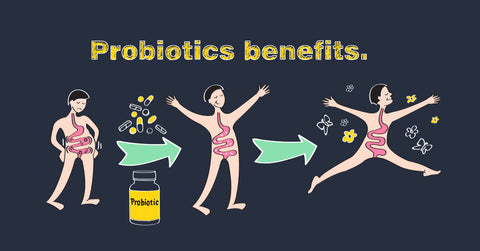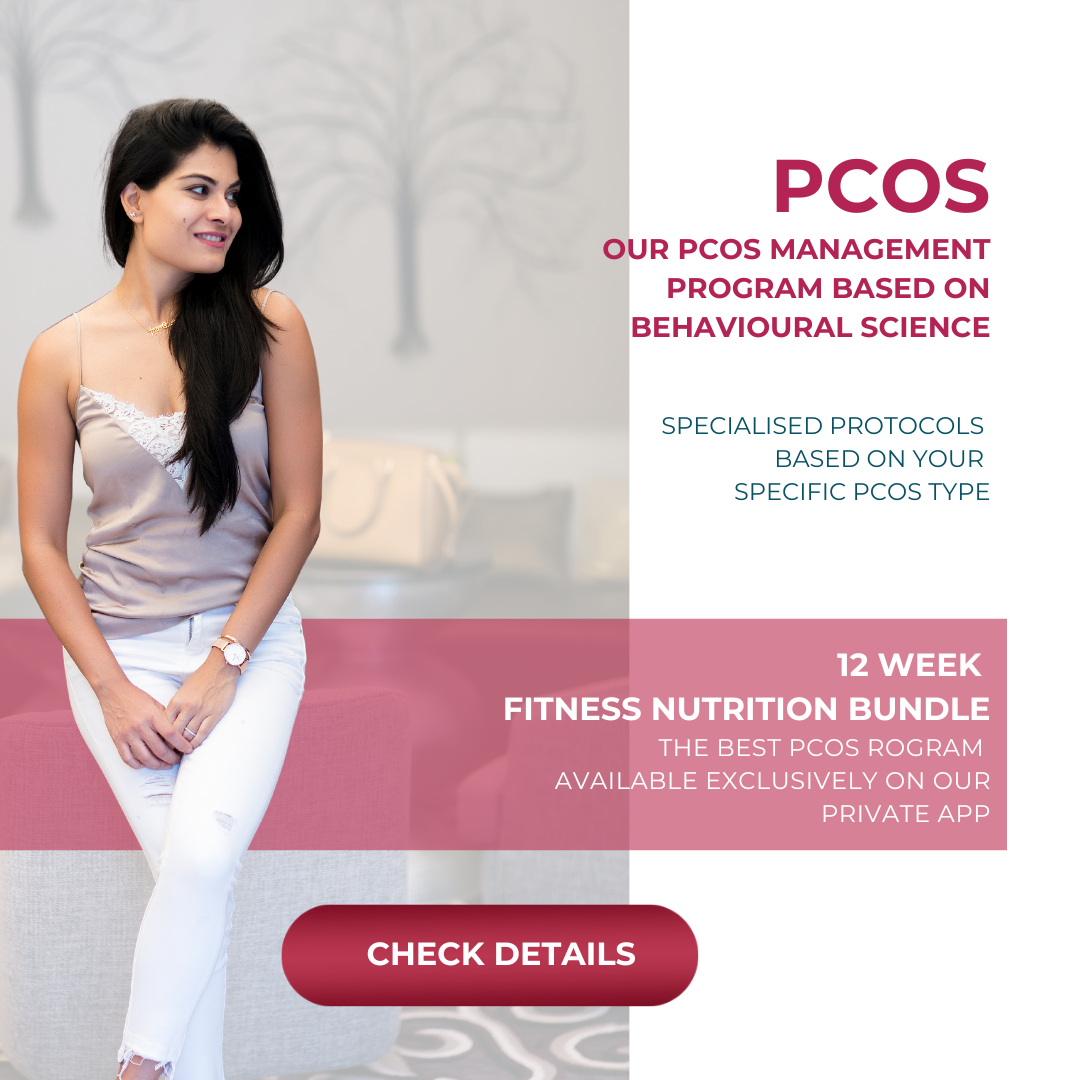The Basics of Immunity
Your immunity is like a bubble that envelops you. Each vitamin or mineral deficiency you have will act as weak points in this immunity bubble. So, the first thing you need to do is identify and curb your nutritional deficiencies.
While the best way to tackle vitamin deficiencies is by following a balanced diet, given the nature of the situation, you can explore dietary supplements to efficiently speed up the process. A recent 3-month-long study regarding COVID-19 spread conducted on 372,720 people concluded the following:
Consuming probiotics, omega-3 fatty acids, multivitamins or vitamin D was associated with a lower risk of infection:
- Probiotics 14%
- Omega 3 fatty acids 12%
- Multivitamins 13%
- Vitamin D 9%
This data is after accounting for potentially influential factors, including underlying conditions and usual diet.
Let’s take a look at each of them in detail:
VITAMIN D
Properties: Vitamin D is the only vitamin that possesses hormonal properties. Once vitamin D (D3) is produced by the skin or absorbed through food or supplements, your liver and kidney transform it into a hormone. Studies have proved that vitamin D deficiency leads to acute respiratory disease and that fatality rates go up with age.
Here are some ways this vitamin can up your body’s D-fence mechanism:
- Boosts immunity
- Fights inflammation
- Regulates blood pressure
- Enhances oral health
- Strengthens bones and teeth
- Reduces the risk of diabetes
Dietary options: Here are 10 vitamin D-rich foods you can add to your daily diet:
- Fortified Cereal
- Cod liver oil
- Cow’s milk
- Egg yolks
- Mushrooms
- Oatmeal
- Orange juice
- Red meat
- Salmon
Note: Unlike other vitamins, Vitamin D is not easily available from food. It is best to check your vitamin D levels via regular blood work and speak to your doctor if you are deficient. For low vitamin D levels supplementation is essential.
PROBIOTICS
Properties: Not all bacteria are bad. In fact, there are live bacteria and yeast called ‘probiotics' that are beneficial for your digestive system. Probiotics are often known as the “good” bacteria that keep you healthy by controlling the nerves that regulate gut movement.
Here are some ways these bacteria can fortify your health:
- Help balance the bacteria in your gut flora
- Boost immune system
- Reduce the severity of certain allergies
- May aid weight loss
- Alleviate inflammatory bowel syndrome (IBS)
- Enhance mood and mental health
Dietary options: Here are some probiotic-rich foods you can add to your daily diet:
- Buttermilk
- Fermented soybean
- Fermented foods like Idli, dosa
- Kefir
- Kimchi
- Pickled Vegetables
- Yogurt
MULTIVITAMINS
As the name suggests, a multivitamin is a combination of vitamins in the form of a supplement. Given our fast lifestyles and unique food preferences, it is nearly impossible to get every possible vitamin and mineral from your food alone, and that’s where multivitamins come in—they can be found in countless combinations and help prevent and control various health conditions.
OMEGA-3 FATTY ACIDS
Properties: Omega-3 fatty acids are a group of unsaturated fatty acids that are mainly found in fish oils—they have three double bonds at certain positions in the hydrocarbon chain. Docosahexaenoic acid (DHA) is the acid you primarily need, and this comes from the algae that fishes tend to eat.
Known as the “healthy fats”, these fatty acids can improve your health in multiple ways:
- Fight inflammation
- Regulate blood pressure
- Improve eye health
- Help fight anxiety and depression
- Boost brain health
- Fight autoimmune diseases
Dietary options: Top foods that will provide you with omega-3 fatty acids are:
- Chia seeds
- Cod liver oil
- Eggs
- Flaxseeds
- Mustard seeds
- Salmon
- Soybeans
- Spinach
- Walnuts
Note: Vegetarian options primarily provide Alpha Lipoic Acid (ALA). To get sufficient DHA, vegetarians and vegans can opt for algae-based omega-3 supplements.
THE LONG-TERM CHANGES TO ADOPT
Though minor diet adjustments and supplement additions can hold down your health’s fort for a while, it takes a lot more than that to stay healthy and fit in the long run.
Here are two pandemic-based observations to keep in mind before we move on to these long-term lifestyle changes:
- Studies show that people with high BMI, obesity, sedentary lifestyles and other comorbidities have an increased risk of getting severely affected by the virus.
- Though information about the nutritional and lifestyle habits of the patients suffering from COVID-19 is limited, the evidence at hand implies that nutritional disorders are linked to increased infection risks and drastic clinical outcomes.
How can you keep your health intact with the right lifestyle changes?
DIET
- Colourful: Make sure your daily meals include plenty of fruits and vegetables.
- Wholesome: Add whole grains and pulses to your diet; lentils, legumes, millet, amaranth etc.
- Leafy: Try to eat dark, leafy vegetables like spinach and kale at least three times a week.
- Protein-rich: Ensure that you add sufficient protein to your daily meals. If you are a vegetarian, click here to explore my posts on protein sources for vegetarians.
- Pro-probiotics: Simple additions like curd or pickles or authentic dishes like dosa or idli can do wonders for your health. You can check out some of our simple recipes for pickles and traditional kanji here.
- Clean: Limit alcohol, sugar, fried foods and processed foods.
LIFESTYLE
- Move: Exercise for at least 30 minutes a day. Check out the free sample workout videos on my Instagram handle to get started. Apart from that, try to move throughout the day. Aim to do at least 10,000 steps daily.
- Hydrate: Water matters. Drink 2-3 litres of water every day. Make sure that your urine is never dark yellow.
- Supplement: Focus on getting your nutrients from food first and then use supplements if needed; be it for different stages of your life or a particular health condition. Make sure to consult your doctor before opting for supplementation as your age, pre-existing conditions, body type etc. play a vital role in how your system will respond to supplements.
- Unwind: Find time to do the things you love; listen to music, watch a movie, reconnect with loved ones, spend some quality time alone.
- Rest: Ensure that you get at least 6-8 hours of sleep. Also, try to sleep and wake up at the same time every day.
By striking the perfect balance among nutrition, supplementation and exercise, you can equip your body to fight with all its might in case of coronavirus exposure. I will be covering multiple aspects of these lifestyle changes on my Instagram and Facebook handles. So, make sure that you follow me and have your notifications turned on.
That being said, I urge all of you to continue following the safety protocols and social distancing rules. Stay strong, stay positive and stay sensible. Don’t skip the vaccinations unless you have a valid reason to do so. Though the information I have shared in this article may not substitute medical assistance, these tips will definitely help you get fitter and stay healthy for years to come.





Leave a comment